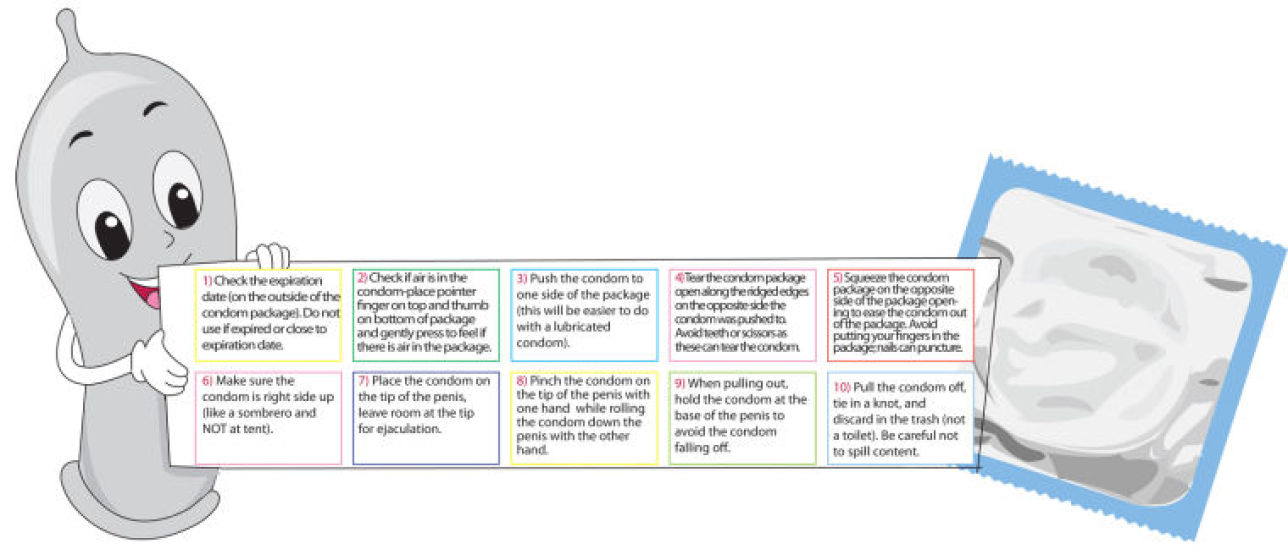Ensuring student’s sexual safety
November 15, 2013
Cougs, condoms and confidentiality: WSU is a bed of opportunity when it comes to learning about sex.
Whether people wish to arrange a one on one session with a psychologist or would rather prefer a group-based program, one university counselor explained how his goal is to ensure the sexual safety of students.
“I want to increase positive help-seeking attitudes and behaviors when it comes to making sexual decisions,” said Dr. Justin Henderson, a staff psychological resident with Counseling and Testing Services.
Henderson is one several counselors at WSU who aids students coping with various personal issues, including sex-related matters. Also an outreach coordinator, Henderson responds to requests by the WSU community and organizes programs that span from the residence halls to Greek Row.
ADCAPS and counseling services collaborates with residence hall advisers to facilitate panel discussions where students can submit sex related questions and discuss their curiosities with each other.
“I think the most common questions are typically around the frequency of sex or concerns around sexually-transmitted infections (STI),” Henderson said. “They also include myths around various effective or ineffective ways of preventing pregnancy or getting an STI.”
Another on campus resource striving to educate students on the importance of sexual health is Health and Wellness Services (HWS). With more than 4,000 condoms sold at 10 cents per contraceptive, HWS is bent on educating the student population that “Safe is Sexy.”
The “Safe is Sexy” program began in 2008 as a way to educate students about making safe decisions in regard to sexual health and behavior.
“We are not under the illusion that our topic does not have some awkwardness and taboos about it,” said Jordan Profitt, “Safe is Sexy” graduate assistant.
Profitt and seven peer educators facilitate events that engage students in gaining knowledge of proper contraceptive usage, consent and maintaining healthy relationships.
Although sex may not be the easiest topic to talk about without laughing a bit, Profitt said, “Safe is Sexy” creates an interactive learning environment where students can feel comfortable about sharing their concerns.
“Our most requested event is our Safer Sex Bingo,” he said. “This event allows students to be competing in a game while learning.”
Health and Wellness tweaks the program each year based upon the nature of student feedback. According to the evaluations, students learn something new each time, Profitt said.
“Based on the increase interest, as evident in the number of outreaches requested and our evaluations, I would say that our program is making our desired impact,” he said.
Health Education Administrator Marsha Turnbull agrees.
“We aim to provide students with accurate information on preventative methods,” she said. “We serve as a resource center for students.”
Fraternities and sororities also partake in similar programs focused around sex talks, Henderson said.
“When we do programs directed toward sexual decision making, sexual assault is a big component where we discuss more directly about what that looks like and how to prevent it,” he said.
Not every student is comfortable discussing such topics with their peers, which is why Counseling and Testing Services accommodates their one-on-one needs, Henderson said.
One prominent challenge students encounter when deciding whether or not to consult with a counselor is public rejection, he said.
“There’s a culture of shame around sexual assaults so often items, there’s a great deal of pressure on victims,” Henderson said. “It also can be overwhelming; initially, you’re dealing with decisions that can change our perspective on how view the world or experiences that we have on campus.”
Students need not to worry about their private conversations becoming public, Henderson said.
“It’s really important that students are clear that they understand that in our role as psychologists and counselors, that we are a confidential source of support,” he said.
Students can go to counsel.wsu.edu/workshops and request a presentation to learn more about the programs provided by counseling services.





















